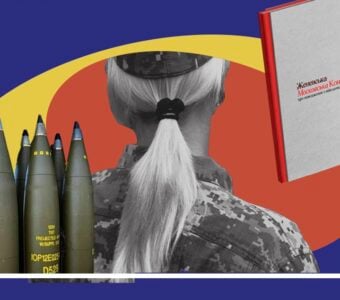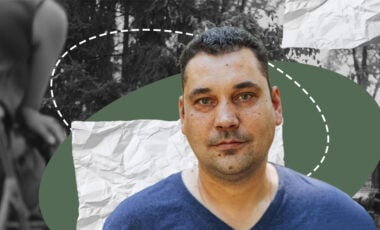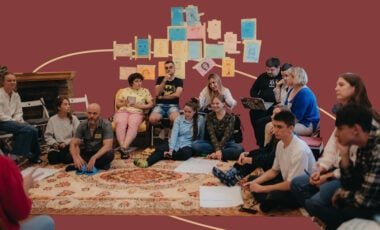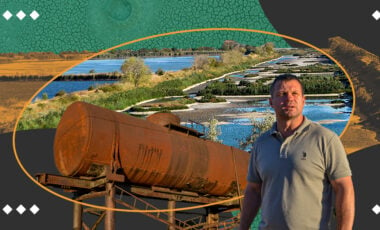Kremlin downplays scale of Ukraine's advance in Kursk region — ISW

Photo: RIA Novosti
The authorities of the Russian Federation seem to have shied away from declaring martial law in response to the invasion of the Kursk region, choosing to limit themselves to a counter-terrorist operation. This decision is probably driven by an attempt to reduce the scale of the conflict and avoid negative consequences such as panic within the country.
Rubryka writes about this, referring to the Institute for the Study of War (ISW).
As American analysts point out, the Kremlin is hesitant to take more radical measures in response to the crisis in the Kursk region.
Russian opposition media outlet Verstka reported that the Russian president's administration instructed officials to refrain from commenting on and discussing events in the Kursk region and limit themselves to official statements only.
In turn, military bloggers in Russia criticize the Kremlin for not declaring martial law, which could have allowed for more radical measures, such as:
- ban on meetings and demonstrations,
- introduction of curfew,
- increasing the production of defense products.
Putin seems to be trying to avoid these steps so as not to deepen internal discontent that could threaten the stability of his regime.
The appointment of Oleksandr Bortnikov as the head of the counter-terrorist operation indicates the Kremlin's intention to use an experienced manager to solve the crisis. Bortnikov, known for his ability to manage crisis situations effectively, can help reduce the possible negative consequences of the situation in the Kursk region.
ISW analysts note that the complex management system of the FSB's anti-terrorist operation under Bortnikov's leadership may reduce the overall effectiveness of the Russian response to the situation in Ukraine.
At the same time, Russian forces in the Kursk region demonstrate increased combat capability due to the arrival of additional conscripts and trained personnel from the frontline areas in Ukraine.
The Kremlin likely decided to declare a counter-terrorist operation rather than martial law to reduce the scale of the invasion of the Kursk region and to prevent panic or backlash domestically.
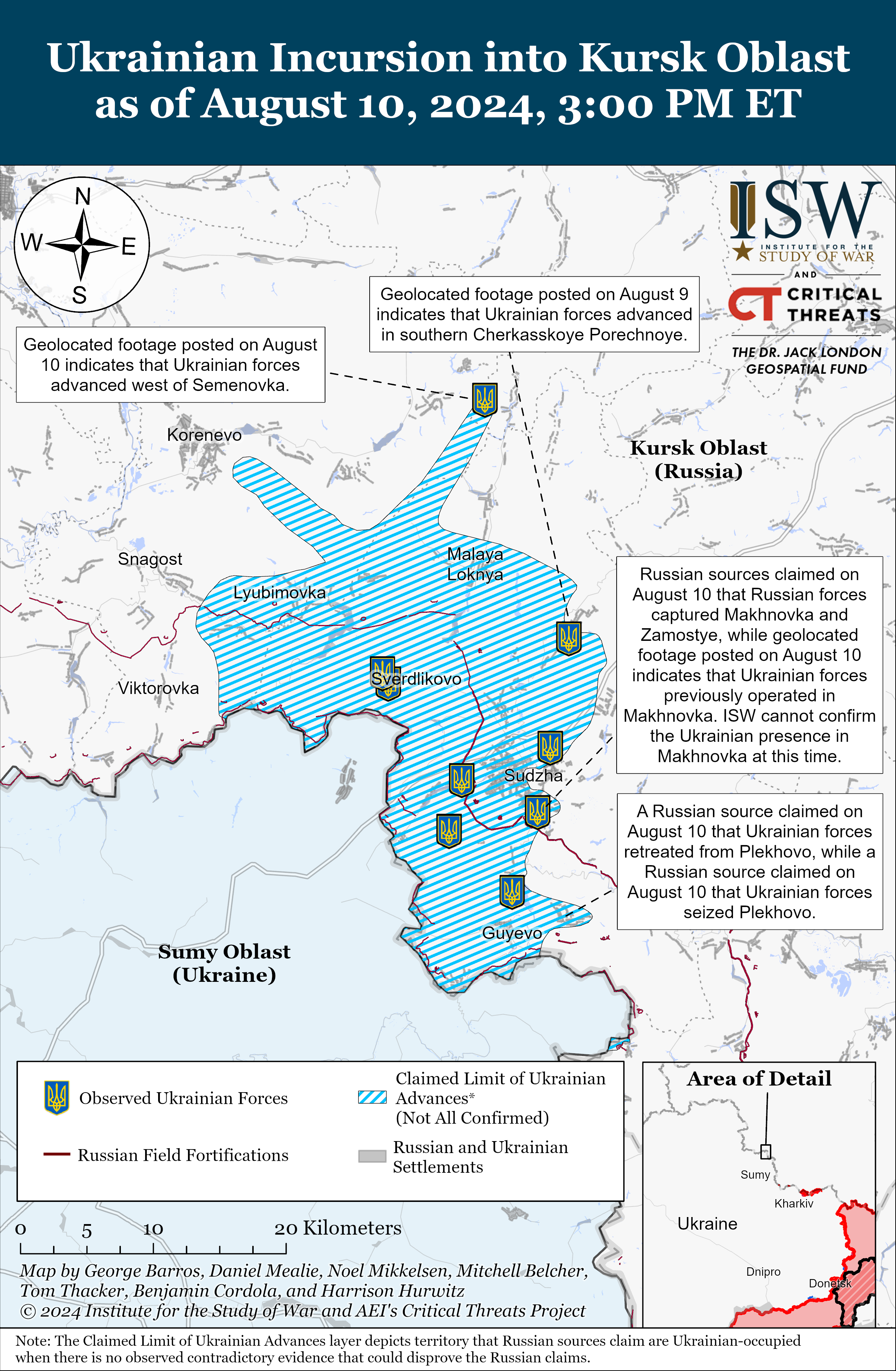
Photo: ISW
Key ISW takeaways as of August 10
- The Russian Ministry of Defense (MoD) appears to be relying on a combination of Russian conscripts already operating in Kursk region, elements of the Northern Grouping of Forces, and elements redeployed from lower-priority frontline areas in Ukraine to defend against the Ukrainian operation in Kursk region, likely exacerbating the disorganization of Russia's chosen response.
- Russian forces' usage of conscripts and forces already in Kursk region, nearby forces fighting in northern Kharkiv region, and lateral redeployments across the theater to defend against the Ukrainian incursion is consistent with a number of likely Russian courses of action (COAs) that ISW forecasted.
- The Russian MoD appears to be relying on select, battle-hardened units to conduct offensive and defensive operations in its most critical sectors of the front.
- Russian forces appear to be more adequately defending against Ukrainian assaults following the arrival of additional conscripts and more combat effective personnel from frontline areas in Ukraine.
- Geolocated footage and Russian reporting from August 10 indicates that Ukrainian forces largely maintain previously reported positions in Kursk region and have advanced slightly further than their previously confirmed positions.
- Ukraine's cross-border operation into Kursk region threatens the Kremlin with a potential political crisis regarding causalities among Russian conscripts, whom the Kremlin has increasingly relied upon to defend the Russian state border with Ukraine.
- Ukrainian forces recently struck a Russian ship and a gas platform in the western Black Sea.
- Iran will reportedly deliver "hundreds" of ballistic missiles to Russia in the near future.
- Russian forces recently advanced near Kreminna, Toretsk, Pokrovsk, and Donetsk City.
- A Russian milblogger claimed that the Russian Ministry of Defense (MoD) has begun to form the "Black Raven" strike drone volunteer unit and asked readers to donate to the 16-million-ruble (about $184,324) goal to supply the unit with drones and equipment.
The situation in the Kursk region
Russia no longer denies that the fighting in the Kursk region has reached the city of Sudzha, where there is a station through which Russian gas transits through Ukraine to Europe.
Also, the mayor of the Russian city of Kurchatov, where the Kursk NPP is located, Igor Korpunkov, said that the hostilities continue several tens of kilometers from the city. The city of Kurchatov is located a little more than 80 kilometers from the city of Sudzha, which, according to the Russians, Ukrainian troops reached.
Meanwhile, in the Russian Federation, more than 76,000 residents have already been evacuated from the border areas of the Kursk region.
In turn, the International Atomic Energy Agency appealed to all parties to exercise restraint in connection with hostilities in the Kursk region of the Russian Federation.
US President Joe Biden's administration said it is trying to determine the goals and strategy for the probable operation of the Defense Forces of Ukraine in the Kursk region of the Russian Federation.






